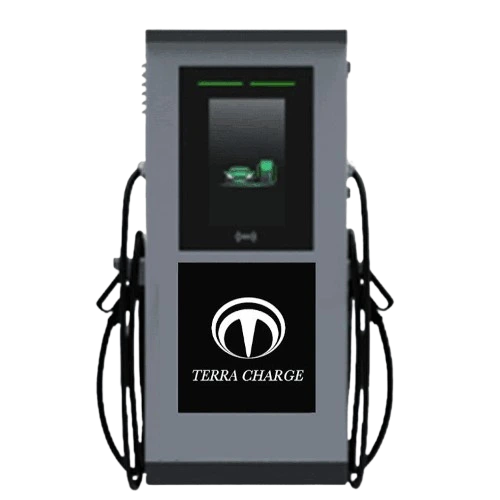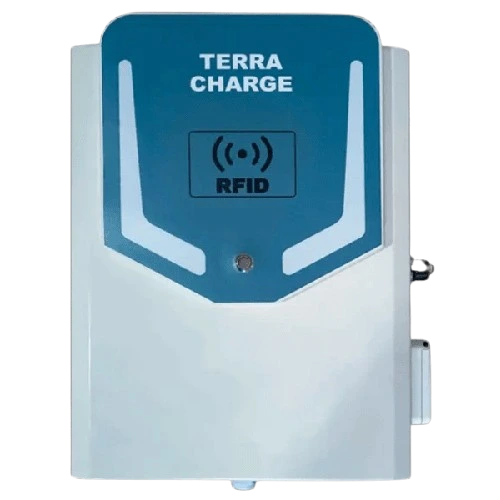If you are an EV driver or owner, as some point of the EV Car life you will have to face the issue of replacing EV battery. In this blog, we have covered the various questions related to EV Battery Replacement like cost, factors affecting the cost of replacement, the need of replacement,risk reduction of battery replacement and life of a battery.
How Much Does it Cost to Replace an EV battery?
Replacing an EV battery involves more than just the cost of the battery itself. Unlike ordering a new battery online and fixing it independently, a qualified technician and an EV workshop are often necessary, increasing the overall expense. Many EV manufacturers have dedicated facilities for battery repairs, with warranty coverage providing free services. However, once the warranty expires, the cost depends on factors like the car model, additional services, and location.
For example: The cost of replacing the battery in a Nissan Leaf can vary depending on the model year and battery size. Generally, it ranges from $5,000 to $8,000 for a new battery pack, excluding labor costs.
Factors Affecting the EV Battery Replacement

Several factors influence the need for and cost of EV battery replacement:
Battery Degradation: Over time, the capacity and performance of EV batteries degrade due to factors like usage patterns, temperature variations, and charging habits. Higher degradation may necessitate earlier replacement.
Warranty Coverage: Warranty terms vary among manufacturers, typically covering the battery for a certain number of years or miles. Replacement costs may be lower or covered entirely under warranty, depending on the warranty’s duration and conditions.
Accidental Damage: Accidents or mishaps, such as impacts, floods, or fires, can damage EV batteries, requiring replacement. Insurance coverage may mitigate replacement costs in such cases.
Technological Advancements: Advances in battery technology may render older battery packs obsolete or less efficient compared to newer generations. Some EV owners may choose to upgrade to newer battery models for improved performance or range.
Vehicle Age and Mileage: The age of the EV and the mileage it has accrued impact the likelihood of battery degradation and the need for replacement. Older vehicles with higher mileage may experience more significant battery wear and require earlier replacement.
Manufacturer and Model: Different EV manufacturers use varying battery chemistries, designs, and specifications, leading to differences in battery longevity and replacement costs. The specific model of the EV also influences replacement expenses.
Labor Costs: Battery replacement often involves significant labor expenses, especially for complex EV systems or integrated battery packs. Labor rates charged by service centers or technicians affect the overall cost of replacement.
Market Demand and Supply: Supply chain dynamics, market demand for EV batteries, and availability of replacement parts can impact replacement costs. Shortages or delays in obtaining battery components may lead to higher expenses.
Why Do We Need to Replace an EV battery?
An EV battery undergoes cycles of “discharge” when driving and “charge” when plugged in. Over time, this repetitive process affects the battery’s capacity, reducing both its range and the time required for charging between trips. While most battery manufacturers offer warranties lasting five to eight years, EV batteries are expected to last between 10 and 20 years before needing replacement.
In EVs, batteries are “buffered”, meaning they can’t be used to their maximum capacity, which reduces the number of cycles the battery undergoes. Combined with other measures like smart cooling systems, this extends the lifespan of electric car batteries. Despite these efforts, as batteries age, their capacity diminishes, eventually necessitating replacement to maintain optimal vehicle performance and range.

Life Span of an EV Battery
The lifespan of an EV battery is influenced by factors like usage patterns, temperature conditions, and technology advancements. Typically lasting 8-15 years, advancements in battery tech and proper maintenance can extend longevity. Factors such as regular charging habits, avoiding extreme temperatures, and adhering to manufacturer guidelines contribute to a healthy battery life. Battery warranties, often covering 8 years or more, provide additional assurance. As technology evolves, improvements in battery durability and cost-effectiveness are expected, contributing to the long-term viability of electric vehicles.
Reduce the Risk of Battery Replacement
While the cost of EV batteries shouldn’t be the sole factor in deciding to switch to electric vehicles, it’s important to maintain the battery properly to extend its lifespan. By following EV battery charging practices like avoiding excessive use of DC fast charging, keeping the battery charge between 20% and 80%, and minimising exposure to high temperatures, one can slow down the process of battery degradation. These practices help reduce the risk of prematurely replacing the battery, ensuring optimal performance and longevity of the electric vehicle.
Conclusion
The cost of replacing an EV battery in India, as elsewhere, involves various factors beyond just the price of the battery itself. Factors such as warranty coverage, technological advancements, vehicle age, and labor costs all contribute to the overall expense. Proper maintenance and following recommended charging practices can help reduce the risk of premature battery replacement, ensuring optimal performance and longevity of electric vehicles. As technology evolves and battery durability improves, the long-term viability of electric vehicles continues to grow, offering sustainable transportation solutions for the future.












